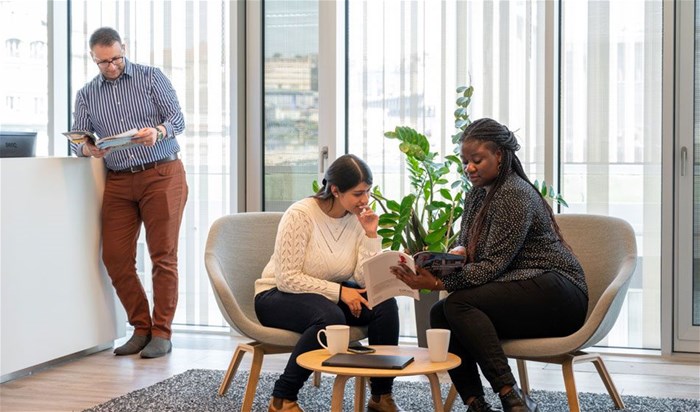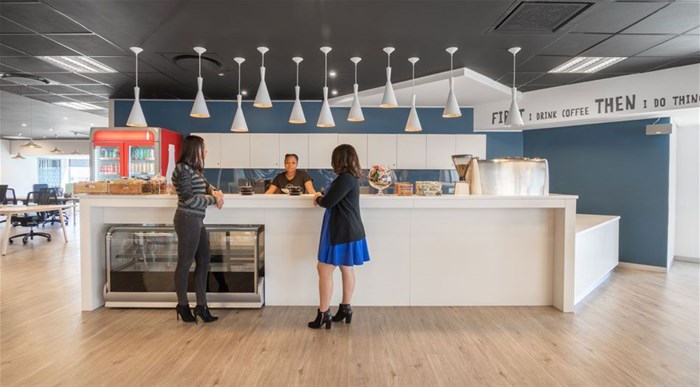Sales of IWG on-demand membership in South Africa have increased by 92% year on year, with the on-demand model giving workers access to more than 3,500 flex space locations globally, allowing them to take advantage of the greater flexibility offered by hybrid working.
Hybrid working – where employees divide their working hours between their company headquarters, their home, and a local, flexible workspace – helps maximise productivity while creating a more sustainable way of working for both people and the planet.
Global demand for hybrid working has led to a significant increase in flexible, multi-market workspace memberships, according to new data from IWG, the world's largest flexible workspace company. It is also becoming clear that the office is increasingly vital for fostering in-person collaboration. IWG's meeting room sales in South Africaare up 93% year on year and 166% up globally, as employees seek to make the most of being in the office together.
Research shows that adopting hybrid working and utilising flexible office space can significantly improve a business' bottom line. Companies are now saving on traditionally fixed overhead costs, including rent, heating, and support staff, adding to an average of more than ZAR 100,000 per employee.
A study by IWG found that three times the number of FTSE 250 companies are looking to use a hybrid office model compared to those looking to carry on in the same way as pre-pandemic. This has been reflected in some of the large enterprise deals IWG has signed in the past 18 months, including Nippon Telegraph and Telephone Corporation for its 300,000 employees to work from any of IWG’s 3,500 workspaces globally anda similar agreement with Standard Chartered for its 95,000 employees.
IWG CEO Mark Dixon said, “The significant growth of businesses adopting our on-demand model demonstrates that business leaders are awareof the advantages of hybrid working. This fundamentally people-centric approach enables companies to attract and retain the best talent, which is key in today’s competitive market.”
He continues: “Ultimately, by adopting hybrid working, businesses save money, gain flexibility, and reduce their carbon footprint, while employees spend less time and money travelling without losing the social aspect of office life.”





































